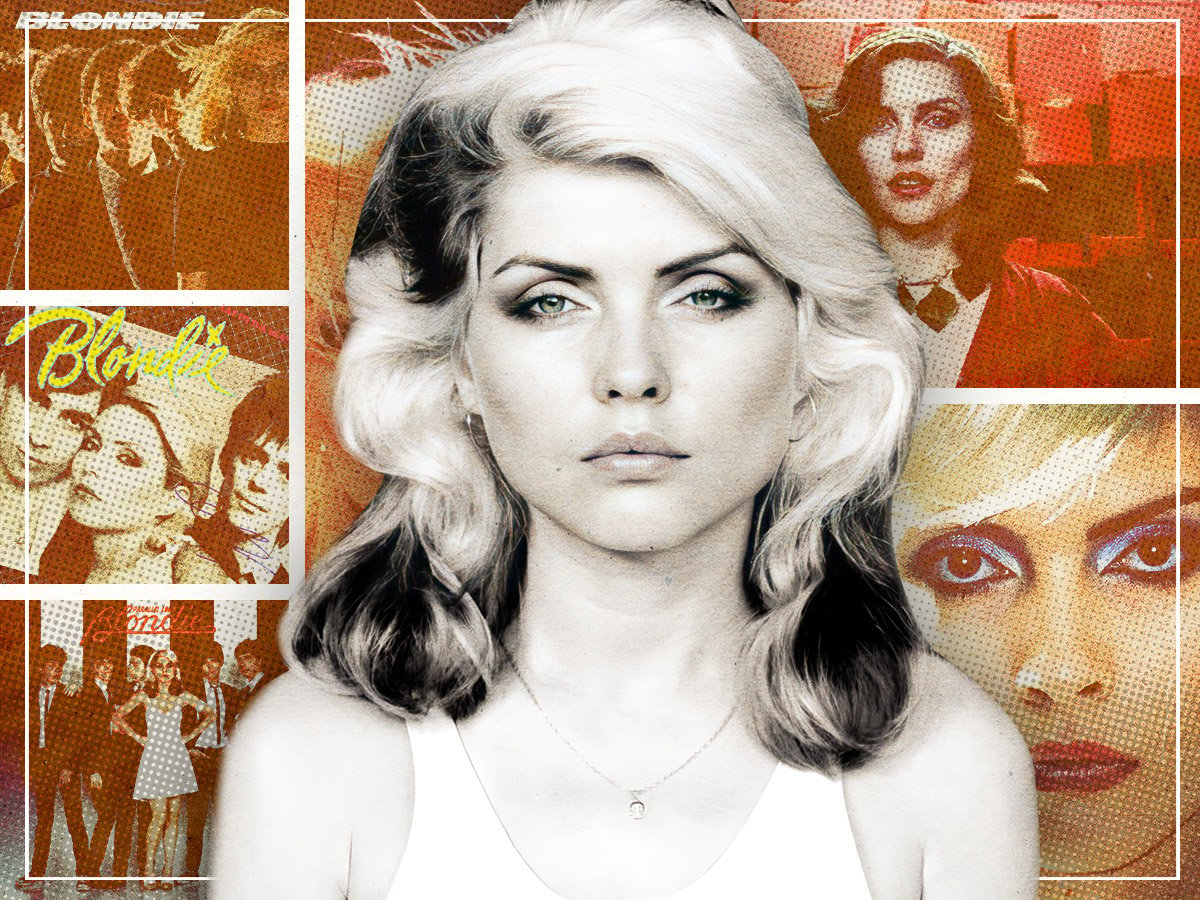
(Credits: Far Out / Alamy / YouTube Still / Album Covers / Capitol Records)
Wed 21 May 2025 18:30, UK
“Everything fell apart and I fell apart along with it,” Debbie Harry once said, recalling how drug addiction almost took away from everything she worked hard to achieve. Harry’s life has been filled with these near-misses, these moments of complete retribution, though she emerged from the other side, not only more resilient, but even feeling luckier than ever.
Tragedy has followed Harry throughout her life. Although she, like anyone else, likely prefers the less definitive labels of life, the ones that move away from categorising experiences as good or bad, many of Harry’s most pivotal moments have been marked by unfortunate happenstance. Some were shaped by the challenges of being a woman in rock; others, by being in the wrong place at the wrong time.
While many of these challenges arose after Harry entered fame at the age of 31, they have followed her all her life, from surviving a pneumonia-induced coma at a young age and navigating the cesspit of conditional opportunity to emerging from the other side of an abusive relationship and escaping the serial killer Ted Bundy. While all of those seem difficult to unpack separately, their shadows become threads of a life lived tremendously under the hard-pressed thumb of unfortunate circumstance.
In the beginning, Harry’s biggest fear was abandonment. “I guess somewhere in my subconscious, a scene was playing on a loop of a parent leaving me somewhere and never coming back,” Harry explained in her autobiography, Face It. As an adult, the singer eventually tracked down her mother, but when she wasn’t interested in starting a relationship, she could let it go, likely recognising the value in moving on when situations aren’t worth the wasted energy.
By then, however, Harry had also learned what being an outlier in society felt like. Growing up, she never felt any real sense of belonging, partially due to her tomboyish appearance but also because, deep down, she didn’t like the way she looked. The desire to push herself creatively never wavered, though, and Harry soon learned that being an outsider had its quirks, especially when it came to carving out her own niche.
However, finding her way meant enduring the unrelenting darkness of being an unknown name in the business. Before becoming the pioneering face of new wave, Harry tried various jobs, like modelling, though she recalled having to do certain things she didn’t want to do to get work favours. “I found myself constantly having to go to bed with photographers,” she told Photoplay. “Even though I was repulsed by most of them.”
Later, she entered an abusive relationship with a man who broke into her apartment and threatened her with a gun to her head, the premise of what she would eventually channel into ‘One Way Or Another’, despite her injecting more “levity” into it to make it appear more “lighthearted”. Harry would have countless other stalkers, though one of her more haunting encounters was with serial killer Ted Bundy when he gave her a ride after a party.
“The inside of the car was completely stripped, and the hair on the back of my neck just stood up,” Harry explained to The Daily Mail. Somehow managing to escape from the vehicle by opening the door through a crack in the window, she came away unharmed, only to find that her gut instincts had been right when she saw Bundy’s face on the news several hours later. However, another horrific incident occurred in the 1970s when an intruder held her and Chris Stein at knifepoint and assaulted her on the bed.
In Face It, however, Harry recalls shutting down as self-preservation: “I can’t say that I felt a lot of fear,” she wrote. “In the end, the stolen guitars hurt me more than the rape.” Speaking to The Guardian, she also said that she felt “angry and victimised” but that she “moved on” because she never truly felt “powerless”, during or after. “I just said: ‘I’m not hurt, I’m alive, I’m doing what I want to do, I have a wonderful boyfriend’,” she explained.
Considering the countless other stories too difficult for any outsider to ever comprehend, through deep-seated industry sexism, objectification, drug use, and, more recently, the perils of ageing, Harry has accrued unmatched survival skills, many of which bleed into her art, giving it a kind of defiant flavour that surprasses any simplistic definition of punk or new wave.
And, through it all, she continues to feel grateful. There is nothing she regrets or wishes she had done differently. It’s all pieces of her story, with the bad parts as significant to understanding her character as the good parts, of which there are many. In Harry’s world, tragedy doesn’t define her heart; it just makes it stronger. As she reflected to The Guardian: “We all make mistakes, but the thing is to learn from them. And make different mistakes […] I know that I’m really lucky and the longer I live, the more I know it.”
For help, advice or more information regarding sexual harassment, assault and rape in the UK, visit the Rape Crisis charity website. In the US, visit RAINN.
Related Topics
Subscribe To The Far Out Newsletter

